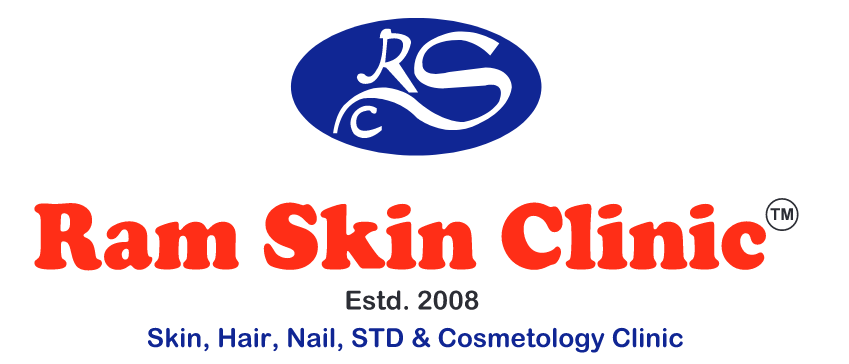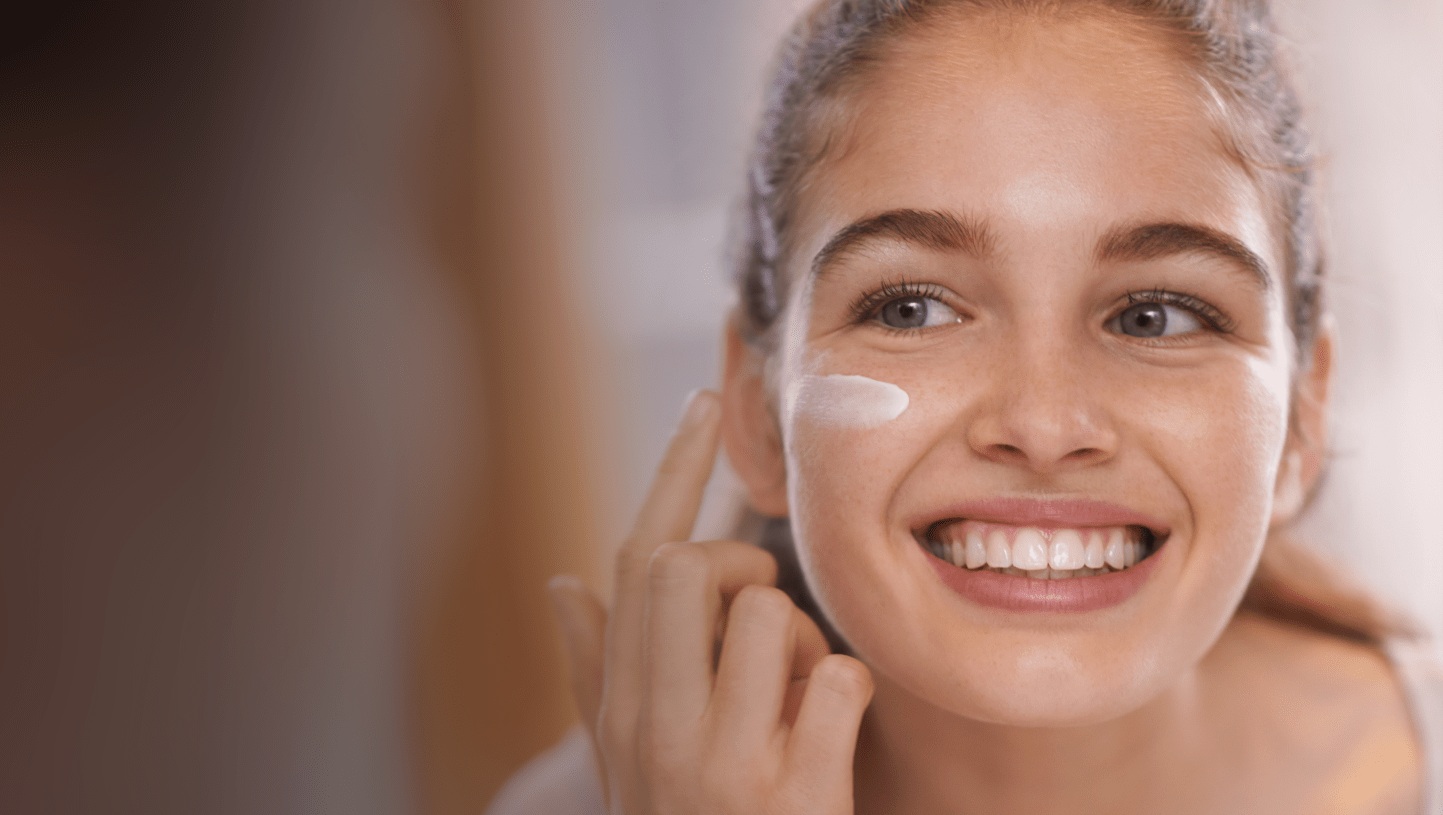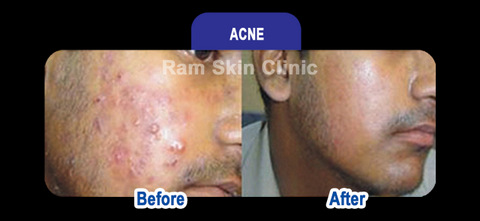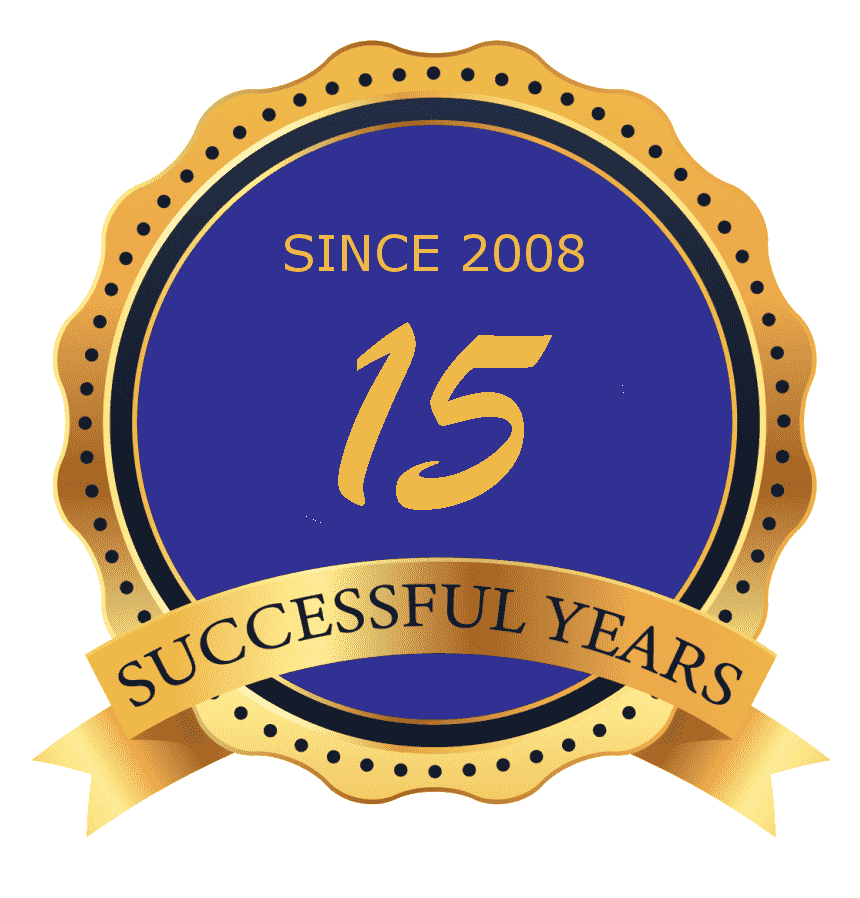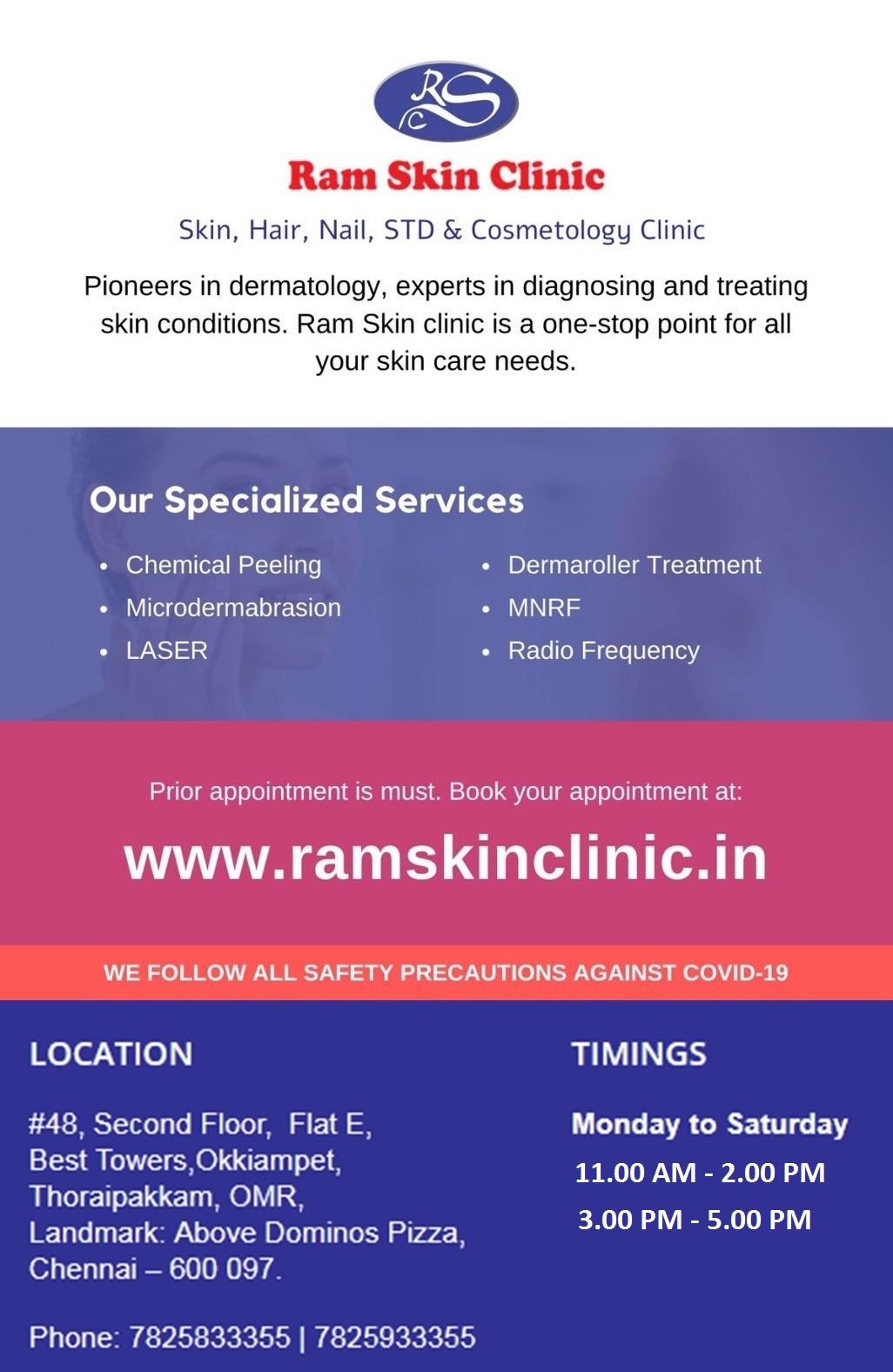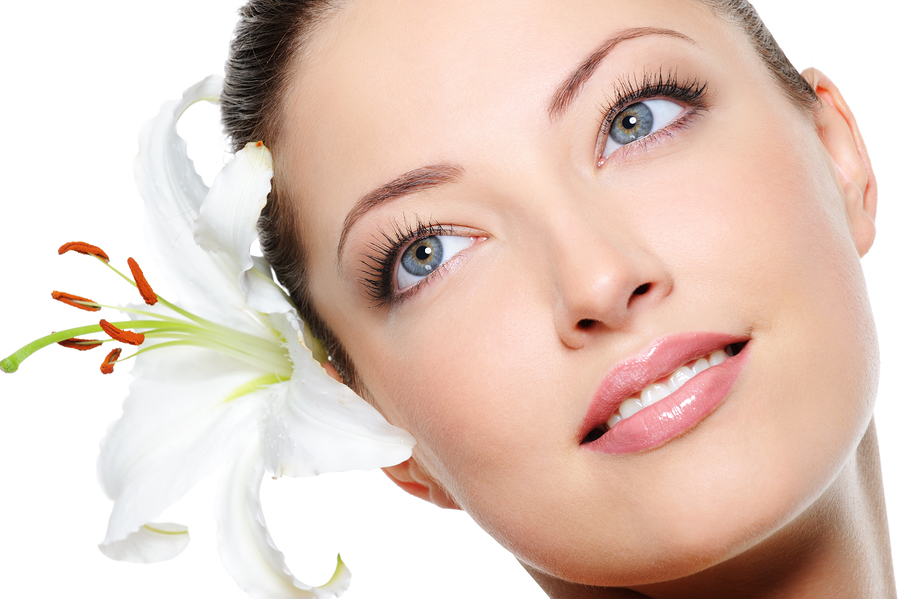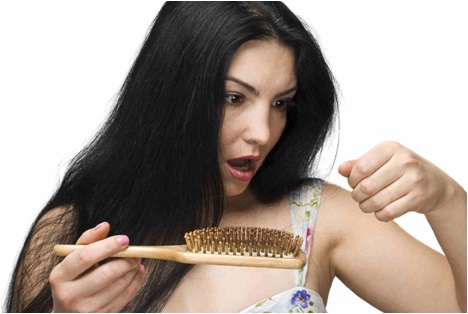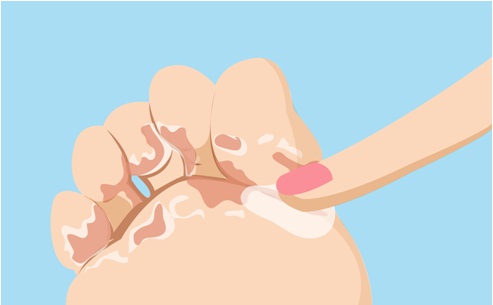Acne Treatment in Chennai
What is Acne
Acne Treatment in Chennai – Acne(or pimples) are one of the most important skin diseases, contrary to general belief it can be seen on the chest, lower back, shoulder as well as on the face. It is commonly seen in adolescent teens but it can occur at any age. If not treated properly at an early stage, it can lead to lifelong scars, dark spots, and other complications, which can have a great social and psychological impact on the patients.
Acne is a common skin condition that occurs when oil and dead skin cells clog the skin’s pores. Acne primarily affects teens; more than 85% experience at least a mild form of this condition. It most commonly occurs on the face, chest, back, shoulders, and neck.
Acne affects young men and young women about equally, but there are differences. Men are more likely than women to have more severe, longer lasting forms of acne. In contrast, women are more likely to have intermittent acne due to hormonal changes associated with their menstrual cycle and acne caused by cosmetics.
While most people outgrow their acne by their 20’s some, specially women, have acne well into adulthood.
Is Acne more common in men or women?
Acne is more common and severe in males than in females.
MAKE AN APPOINTMENT FOR ACNE TREATMENT IN CHENNAI @ RAM SKIN CLINIC – OMR
What causes Acne?
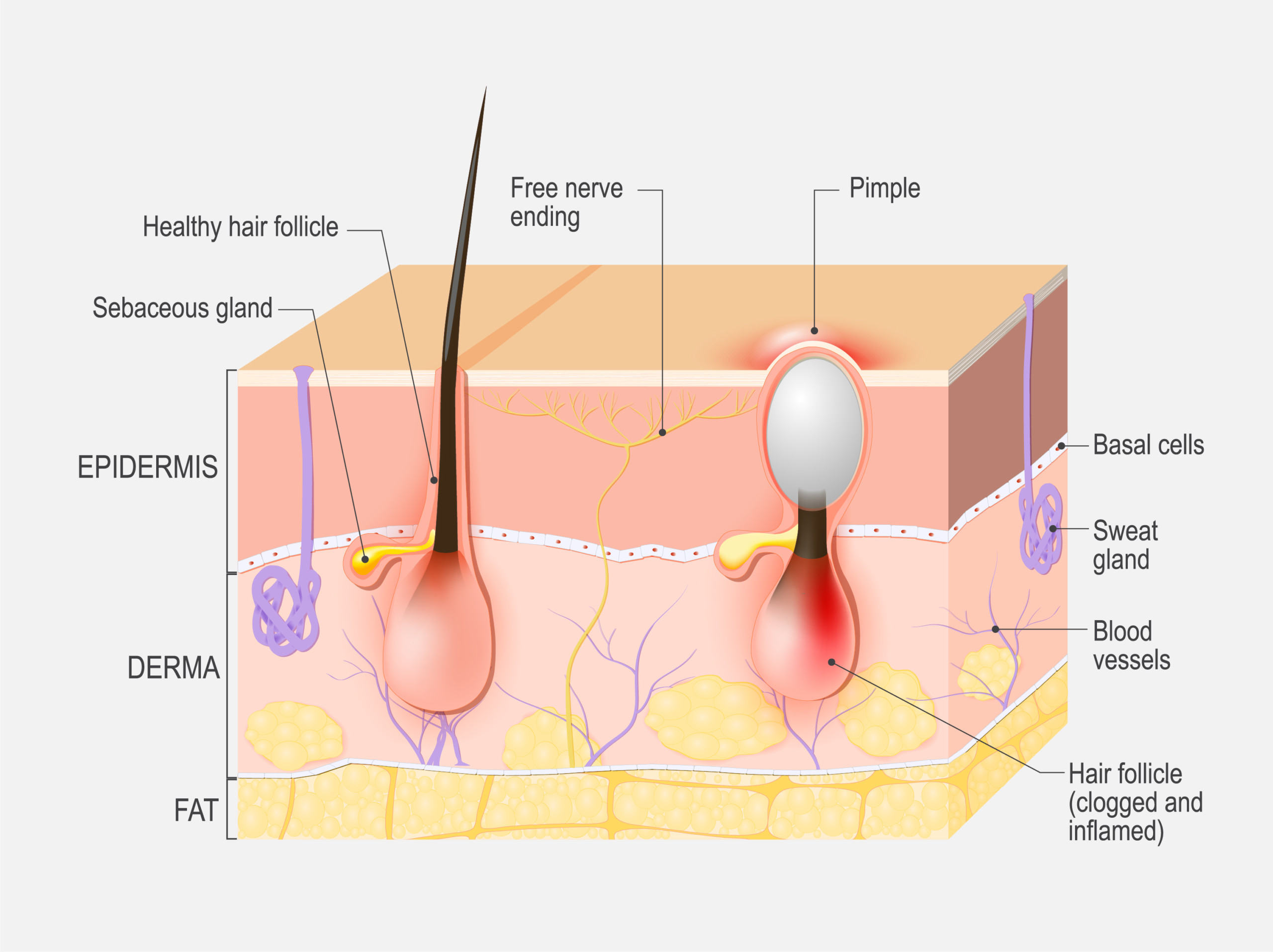
During puberty, elevated hormone levels stimulate sebaceous glands to produce more oil, also called sebum, which is normally released through the hair shaft to lubricate and protect the skin. Sebum combines with dead cells, forming a plug in the skin pore called a comedone. These comedones or plugged follicles may eventually rupture and sebum may seep into the surrounding skin causing inflammation.
There are harmless bacteria present in the sebaceous glands.
These bacteria can break down the fatty parts of the sebum into fatty acid substances which leak into the surrounding skin and may also cause inflammation. The result can be a small or large solid bump or a pustule on the surface of the skin or cysts underneath the surface of the skin Diet/food habits contrary to popular belief do not play a significant role in most acne patients.
What Makes Acne Worse?
Stress or illness may aggravate acne. Women may also have flares prior to their menstrual periods. Oily cosmetics may alter the opening of the sebaceous gland making the cells more likely to stick together and form comedones.
What Doesnt Make Acne Worse?
Food seems to have little effect on the severity of acne in most individuals. However, if you find that certain foods such as chocolate, fatty foods, and excessive amounts of milk or sweets make your acne worse, it is best to avoid them. In general, a balanced healthy diet is recommended.
How is Acne Treated?
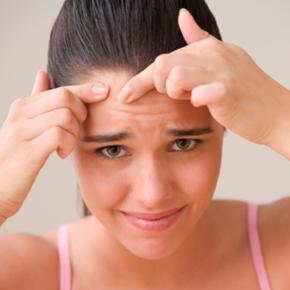
Treatment of acne always starts with patient education after proper examination by a dermatologist. Simple habits like cutting nails regularly, not squeezing pimples, not touching the face often, and not using home remedies like using toothpaste, turmeric, etc. can help in the prevention of acne in the long term. Use a good non-comedogenic (not blocking pores) sunscreen regularly before going out, using a computer (work from home/remotely connected).
Cooking food and wearing face masks (for the COVID-19 pandemic) will help in preventing pimples.
At Ram Skin Clinic, we provide the best preventive care and treatment for pimples and complications using the latest medical and surgical techniques. The latest advances in acne treatment are Chemical Peeling, MNRF, and LASER. Treatment of acne depends on many factors like the type of pimple, location of the pimple, age of the patient, etc.
Patients are taught about a skincare routine, which is easy to follow and it also helps in preventing the recurrence of pimples and scars.
Acne Care & Treatment – Prevent Pimples Today!
How to Wash Acne-prone Skin
Dermatologists recommend the following for their patients who have acne or acne-prone skin:
Limit washing to twice a day – and after perspiring
Once in the morning and once at night as well as after perspiring heavily should be the limit. Perspiration, especially when wearing a hat or helmet, can make acne worse, so the skin should be gently cleansed as quickly as possible after perspiring.
Use a gentle, non-abrasive cleanser
Wash the face and other acne-prone areas with a gentle, non-abrasive cleanser that does not contain alcohol.
Use your fingertips
Apply the cleanser and wash with your fingertips. This reduces skin irritation. Using a washcloth, mesh sponge, or anything else can irritate the skin and lead to breakouts.
Never scrub your skin
Scrubbing the skin does not clear acne. In fact, scrubbing irritates the skin and can make acne worse.
Rinse with lukewarm water
Be sure to thoroughly rinse away the cleanser with lukewarm, not hot, water.
Shampoo regularly
If you have oily hair, shampoo daily
Medications for Acne
Topical medications are applied to the skin and are often used to treat mild to moderate acne. Some common topicals are:
- Benzoyl peroxide is available by prescription and in lesser strengths over the counter. It is usually applied once or twice a day to work best against pustules. It can be irritating if used around the eyes and mouth. It should be used carefully since it can bleach skin and clothing. If used excessively, benzoyl peroxide can cause drying and redness.
- Salicylic acid is effective in treating non-inflammatory acne lesions. Salicylic acid helps correct the abnormal shedding of skin cells and unclogs pores to resolve and prevent lesions. It has no effect on oil production or bacteria. Like benzoyl peroxide, salicylic acid must be used continuously. Salicylic acid is found in many over-the-counter acne products, including lotions, creams and pads. It may be irritating to the skin.
- Retinoids are derivatives of vitamin A and have been a mainstay in acne treatment for 25 years. They decrease the stickiness of plugged sebaceous glands. They work best against blackheads and reduce papules and non-inflamed pimples. They are to be used once per day at bedtime; if overused, they can cause drying. Retinoids can make skin more sun sensitive. Using sunscreen is recommended. Common names are Retin A®, Differin®, or Tazorac®.
- Topical antibiotics come in solution, gel, or cream form. They help reduce the amount of bacteria on the surface of the skin thereby preventing inflammation and the formation of new pimples. They are to be applied to the skin twice a day.
- Azelaic acid is used to treat mild to moderate acne. It is believed that azelaic acid clears acne by reducing the populations of bacteria, decreasing the abnormal shedding of skin cells and reducing inflammation. Side effects may include skin dryness and lightening of the skin where applied
How to use topical medicines for Acne?
To decrease the chance of skin irritation, apply to dry skin 20 minutes after washing your face and apply every other day for the first 2 weeks. Apply medicine to all areas of your face which
are acne prone. It’s fine to apply multiple topical medicines at the same time.
Systemic medications are swallowed and work internally to control moderate to severe acne. Systemic medications are prescribed by clinicians and may include the following:
- Antibiotics are used for mild-to-moderate and moderate-to-severe acne. They work to reduce bacteria thereby reducing inflammation. A typical course of treatment can be six months or longer. Tetracycline, doxycycline, erythromycin and minocycline are commonly used antibiotics. Tetracycline should not be taken with milk, milk products, or antacids because these products decrease its absorption. For the same reason it should also be taken at least one hour before or two hours after meals. As tetracycline, doxycycline, and minocycline can also cause sun sensitivity, it is recommended that you wear sun screen and avoid overexposure to the sun.
- Oral contraceptives have been shown to effectively clear acne in women by decreasing circulating male hormones called androgens, thereby decreasing sebum (oil) production.
- Accutane® (isotretinoin) is a potent oral medication that is used for cystic, refractory acne that does not respond to any of the other medication. Used over about a six month period, it works to decrease inflammation as well as formation of comedones. Because of some potentially serious side-effect. Accutane® is usually prescribed and monitored by a dermatologist
Will Acne Go Away?
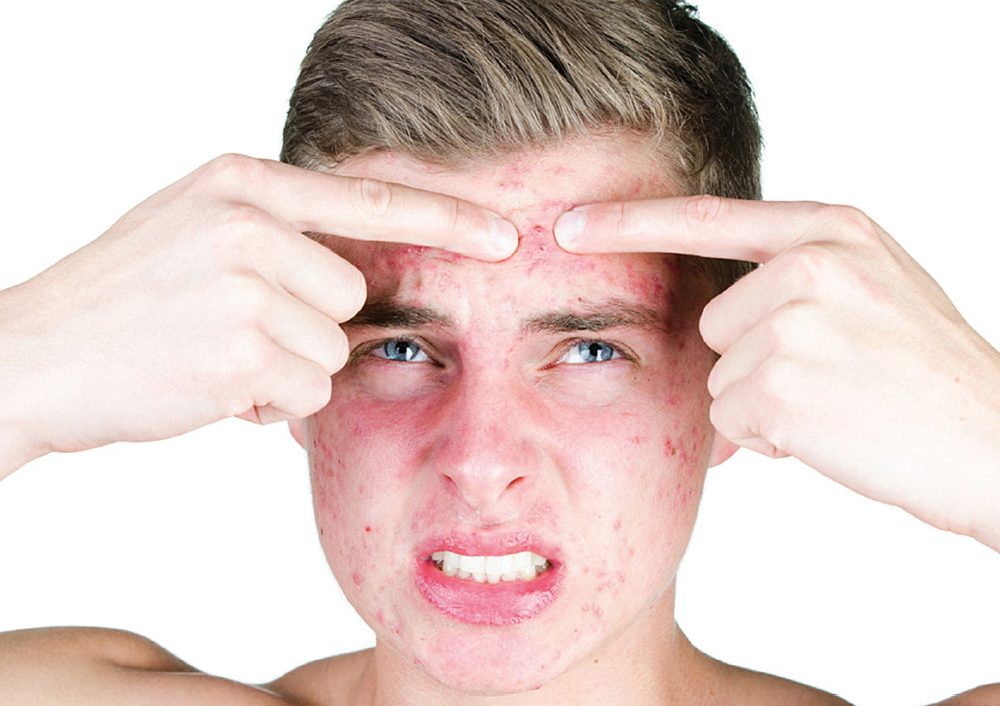
Sometimes acne worsens for the first several weeks after treatment is initiated and then gradually improves. Often improvement will not be noted for six to eight weeks. Once acne significantly improves or clears, continued treatment is needed to keep acne from reappearing.
The care of your skin may require team work between you and your clinician. Be prepared to see your clinician several times, as medications may be added or deleted based on how your skin responds to treatment.
Acne Treatment in Chennai
Acne Treatment can be done at Ram Skin Clinic, Thoraipakkam, OMR, Chennai.
Ram Skin Clinic is a Skin, Hair, Nail, STD & Cosmetology Clinic with branches located at OMR, Chennai. Tamil Nadu India.
Established in the year 2008, Ram Skin Clinic has been successful in treating patients suffering from various Dermatological disorders.
Ram Skin Clinic and its team of Dermatologists in OMR are dedicated to bringing joy to patients by providing state-of-the-art Dermatology care, and fulfilling their expectations.
Ram Skin Clinic provides specialized consulting, care, and treatment related to Dermatological issues and problems like Psoriasis, Vitiligo, Viral Warts, Dandruff, Nail Disorder, Acne, Fungal, Bacterial & Viral infections, etc.
Make an Appointment Today For Acne Treatment in Chennai at Ram Skin Clinic.
